Unveiling the Truth Behind Filtration Effectiveness
Introduction
Water is the elixir of life, a precious resource that sustains our bodies and nourishes our souls. But in today’s world, our water sources are increasingly threatened by pollution, chemicals, and impurities. That’s where water filtration systems step in, like knights in shining armor, ready to defend our water from these invisible foes. In this article, we’ll delve into the fascinating world of water filtration, uncovering the truth about their effectiveness and empowering you to make informed choices about your water quality.
TYPES OF WATER FILTRATION SYSTEMS
Activated carbon, a highly porous material, is commonly used in water filtration systems. It works by trapping contaminants through adsorption, a process where impurities stick to the carbon’s surface. Activated carbon filters are effective in removing a wide range of contaminants, including chlorine, pesticides, and volatile organic compounds (VOCs).
This type of filter is often used in conjunction with other filtration methods, such as reverse osmosis or ion exchange, to provide comprehensive water purification. Activated carbon filters are relatively inexpensive and easy to maintain, making them a popular choice for both residential and commercial applications.
Imagine your tap water as a murky stream, filled with impurities. Activated carbon filtration is like a sponge, soaking up these contaminants and leaving you with crystal-clear, refreshing water.
How Filtration Systems Remove Contaminants
Adsorption is a process where contaminants are attracted to and stick to the surface of a material. Activated carbon is a common material used in water filters for its high adsorption capacity. It has a vast surface area with tiny pores that trap impurities like pesticides, heavy metals, and organic chemicals. These contaminants are held onto the carbon’s surface, preventing them from passing through the filter and into your water. It’s like a microscopic magnet, grabbing hold of unwanted particles and keeping them out of your glass.
Benefits of Using Water Filtration Systems
Water filtration systems can safeguard your valuable appliances from the damaging effects of hard water and other impurities. 💦 Hard water contains high levels of minerals, such as calcium and magnesium, which can accumulate in appliances like dishwashers, washing machines, and water heaters, leading to reduced efficiency and premature failure. 🛁 Filtration systems remove these minerals, extending the lifespan of your appliances and saving you money on costly repairs. 💰
Limitations of Water Filtration Systems
While water filtration systems are generally effective in removing contaminants, it’s crucial to be aware of the potential for filter breakthrough. This occurs when contaminants accumulate on the filter and eventually start passing through, compromising the system’s effectiveness.
Filter breakthrough can be influenced by various factors, including the type of filter, the concentration of contaminants in the water, and the flow rate. It’s essential to regularly monitor the performance of your filtration system and replace the filter promptly when necessary to prevent breakthrough.
Remember, water filtration systems are not foolproof. Regular maintenance and monitoring are key to ensuring they continue to provide the protection you expect.
DO WATER FILTRATION SYSTEMS WORK ON YOUTUBE
Testing and Certification of Filtration Systems 💧
When it comes to your water’s purity, it’s not just about what you see but what you don’t. That’s why independent testing and certification of water filtration systems are crucial. Just like a doctor’s prescription, these certifications are like a stamp of approval from experts who have put your filter through rigorous tests.
Think of it this way: you wouldn’t take a medication without knowing it’s safe and effective, right? The same goes for your water filter. Certifications from reputable organizations, like NSF International or WQA, guarantee that your filter meets industry standards for removing specific contaminants. It’s like having a peace of mind that you’re drinking the cleanest water possible.
| Organization | Certification | What it Ensures |
|---|---|---|
| NSF International | NSF/ANSI 53 | Removes specific contaminants, such as lead, chlorine, and cysts |
| WQA | Gold Seal | Meets performance standards for water treatment |
| Underwriters Laboratories (UL) | UL 2900 | Safety and performance of water purification systems |
So, before you invest in a water filtration system, make sure to check for these certifications. They’re your assurance that you’re getting the best possible protection for your health and well-being.
Choosing the Right Filtration System 💧
Selecting the perfect water filtration system is like finding the missing piece of a puzzle. It’s all about matching your water woes with the system that’s best equipped to conquer them. Think of it as a superhero team assembled to tackle water villains! 🦸♂️🦹♂️
First, identify the water quality concerns that keep you up at night. Is it chlorine’s nasty taste? Lead’s sneaky presence? Or perhaps the lurking threat of bacteria? Once you know your foes, you can pick the filtration system that’s their kryptonite.
Next, consider your budget and lifestyle. Filtration systems come in all shapes and sizes, from under-the-sink heroes to whole-house protectors. Choose one that fits your budget and your water-using habits.
Remember, it’s not just about buying a filter; it’s about a commitment to clean water. Regular maintenance and filter replacements are essential to keep your filtration system fighting fit. Think of it as giving your water a superhero makeover, day after day. 💪💦
Maintaining your water filtration system is crucial for its optimal performance. Just like changing the oil in your car, replacing filters ensures your system continues to effectively remove impurities. Regular maintenance will extend the lifespan of your filter and prevent it from becoming overwhelmed with contaminants.
Think of it this way: a clogged filter is like a tired runner who can’t keep up with the race. It struggles to remove impurities, allowing them to slip through and potentially compromise your water quality. By replacing filters on schedule, you’re giving your system a fresh start, like a new pair of running shoes for our tired runner.
The frequency of filter replacement depends on the type of system you have and the quality of your water. Some filters may need to be changed every few months, while others can last for a year or more. Check the manufacturer’s recommendations for your specific system and follow them diligently.
Neglecting filter maintenance is like ignoring a “check engine” light in your car. It’s a sign that something’s not right, and if you don’t address it, you could end up with bigger problems down the road. So, stay vigilant, replace those filters, and keep your water filtration system running smoothly.
Alternative Water Treatment Methods
While water filtration systems are widely used, there are alternative methods for water treatment that can also effectively remove contaminants.
-
Boiling: Boiling water kills microorganisms by raising the temperature above their survival threshold. It’s a simple and inexpensive method, but it doesn’t remove all impurities, such as heavy metals or dissolved solids.
-
Distillation: Distillation involves boiling water and condensing the steam to create pure water. This process effectively removes most impurities, including microorganisms, heavy metals, and dissolved solids. However, it’s a more energy-intensive and costly method.
-
Ultraviolet (UV) disinfection: UV disinfection uses ultraviolet light to kill microorganisms. It’s a chemical-free method that doesn’t alter the taste or odor of water. However, it requires specialized equipment and can be less effective in water with high turbidity or suspended solids.
Each alternative water treatment method has its own advantages and disadvantages. The choice of method depends on the specific water quality concerns, budget, and lifestyle.
Conclusion
The Verdict is Clear: Water Filtration Systems Deliver!
Water filtration systems are not just a fad; they’re a necessity for anyone who values their health and the well-being of their loved ones. By effectively removing contaminants, these systems transform ordinary tap water into a pure and refreshing elixir. They’re like a magic wand that banishes impurities, leaving you with water that’s as pristine as a mountain stream.
Remember, investing in a water filtration system is an investment in your health. It’s like buying a shield to protect yourself from the invisible threats that lurk in your water supply. So, don’t hesitate to make the switch to filtered water. Your body will thank you for it, and you’ll never have to worry about the quality of your water again.
CHOOSING HOME WATER FILTERS & OTHER WATER TREATMENT SYSTEMS | CDC
THE EFFECTIVENESS OF HOME WATER PURIFICATION SYSTEMS ON THE … – NCBI
DIY WATER FILTRATION
BEST WHOLE HOUSE WATER FILTRATION SYSTEM
DIFFERENT TYPES OF WATER FILTRATION SYSTEMS
AMAZON WATER FILTRATION SYSTEM
BRONDELL CIRCLE REVERSE OSMOSIS WATER FILTRATION SYSTEM

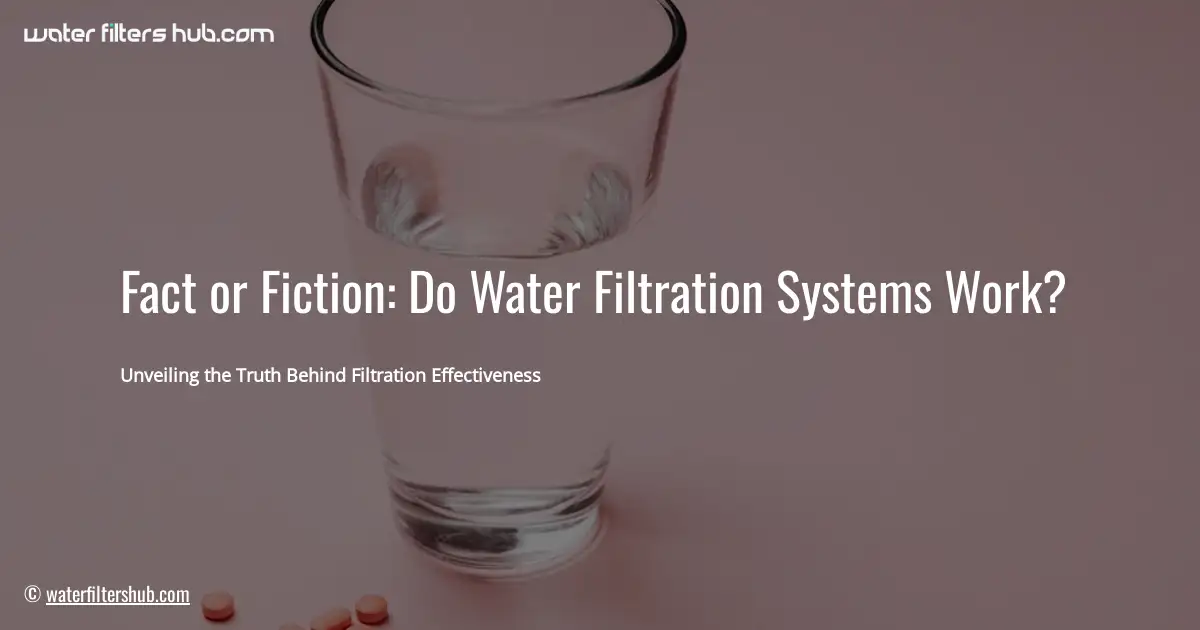
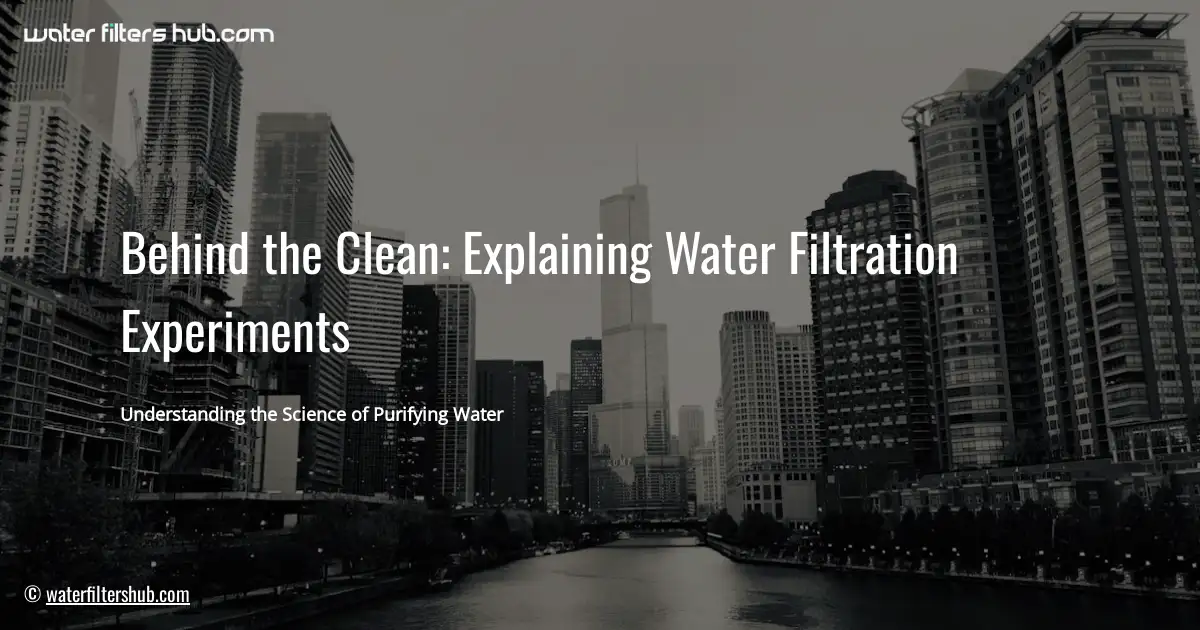
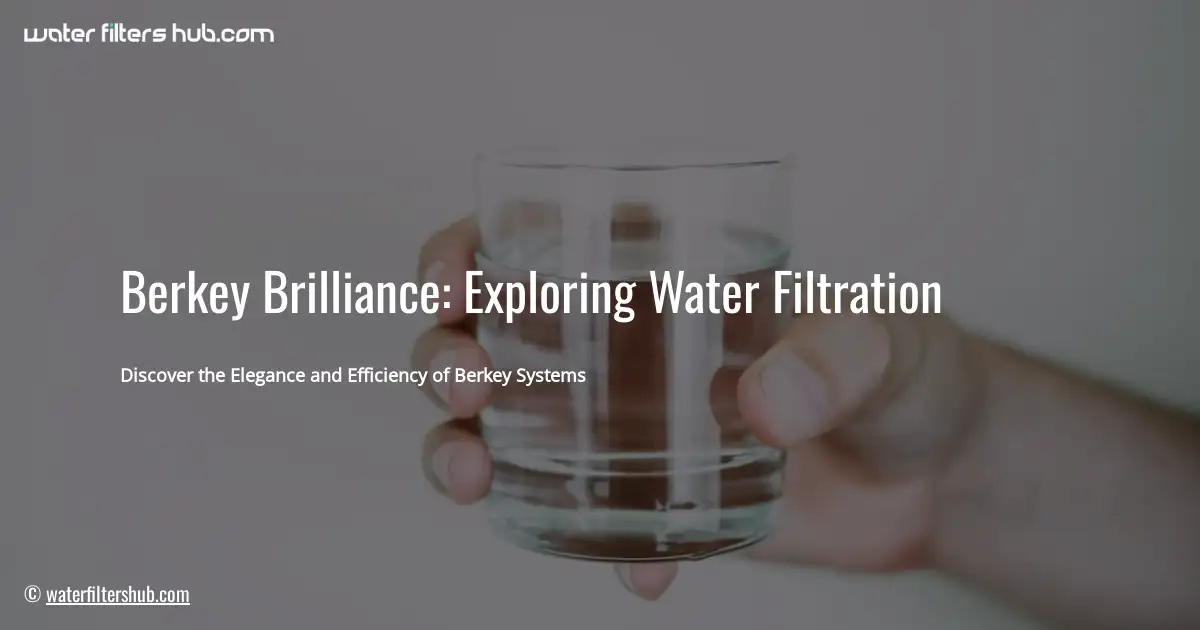
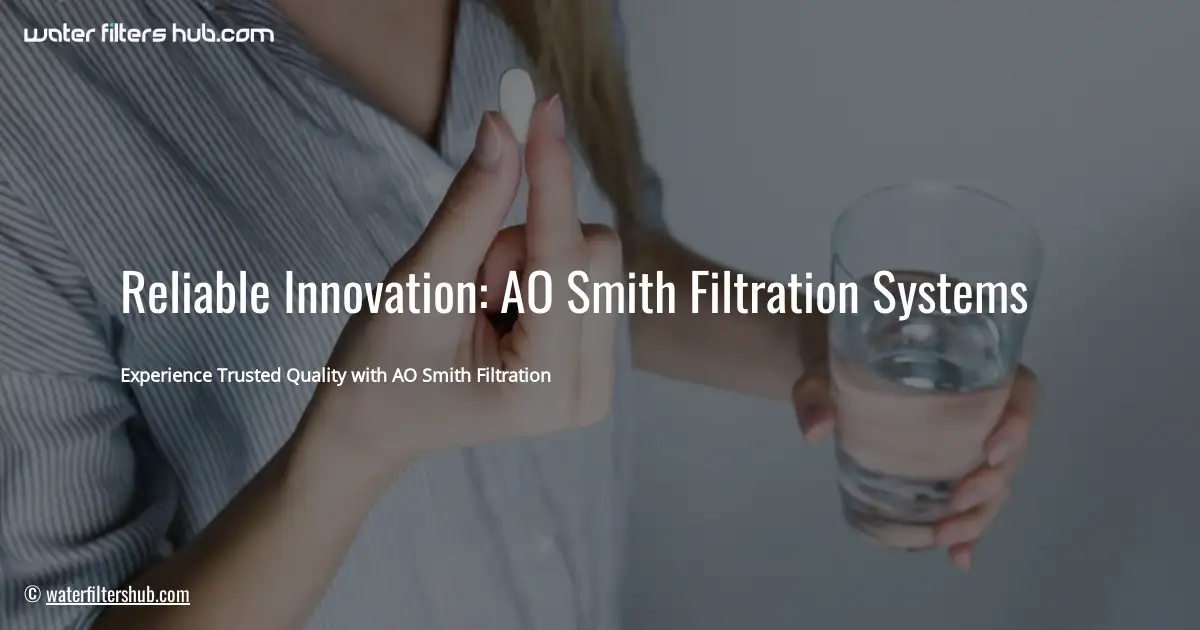

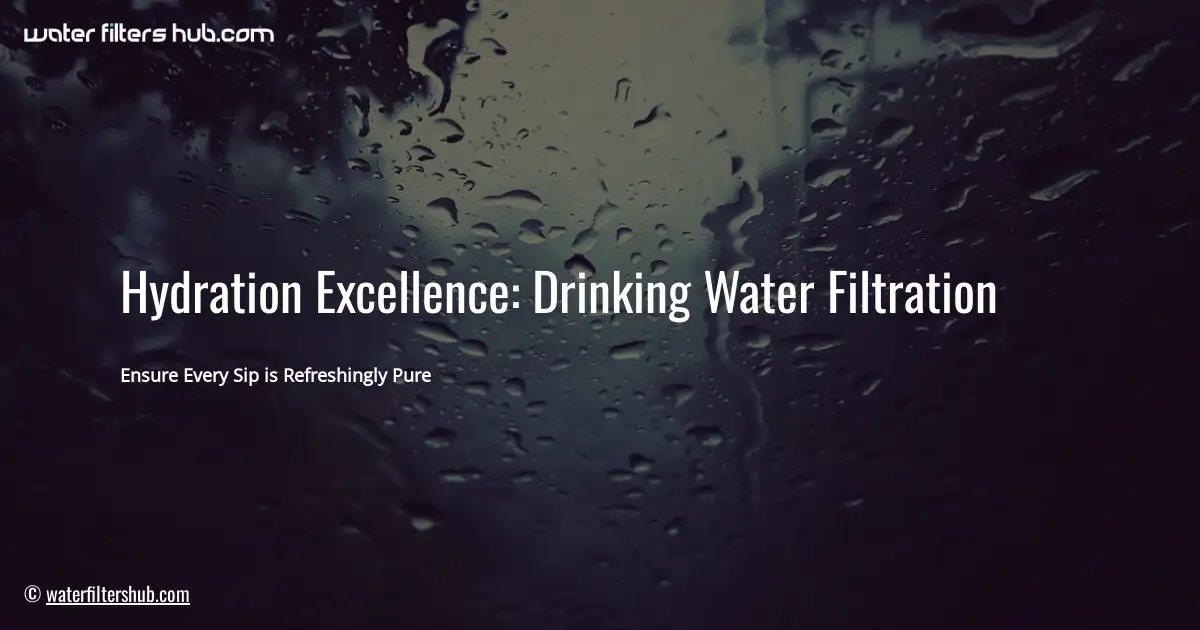
Leave a Reply